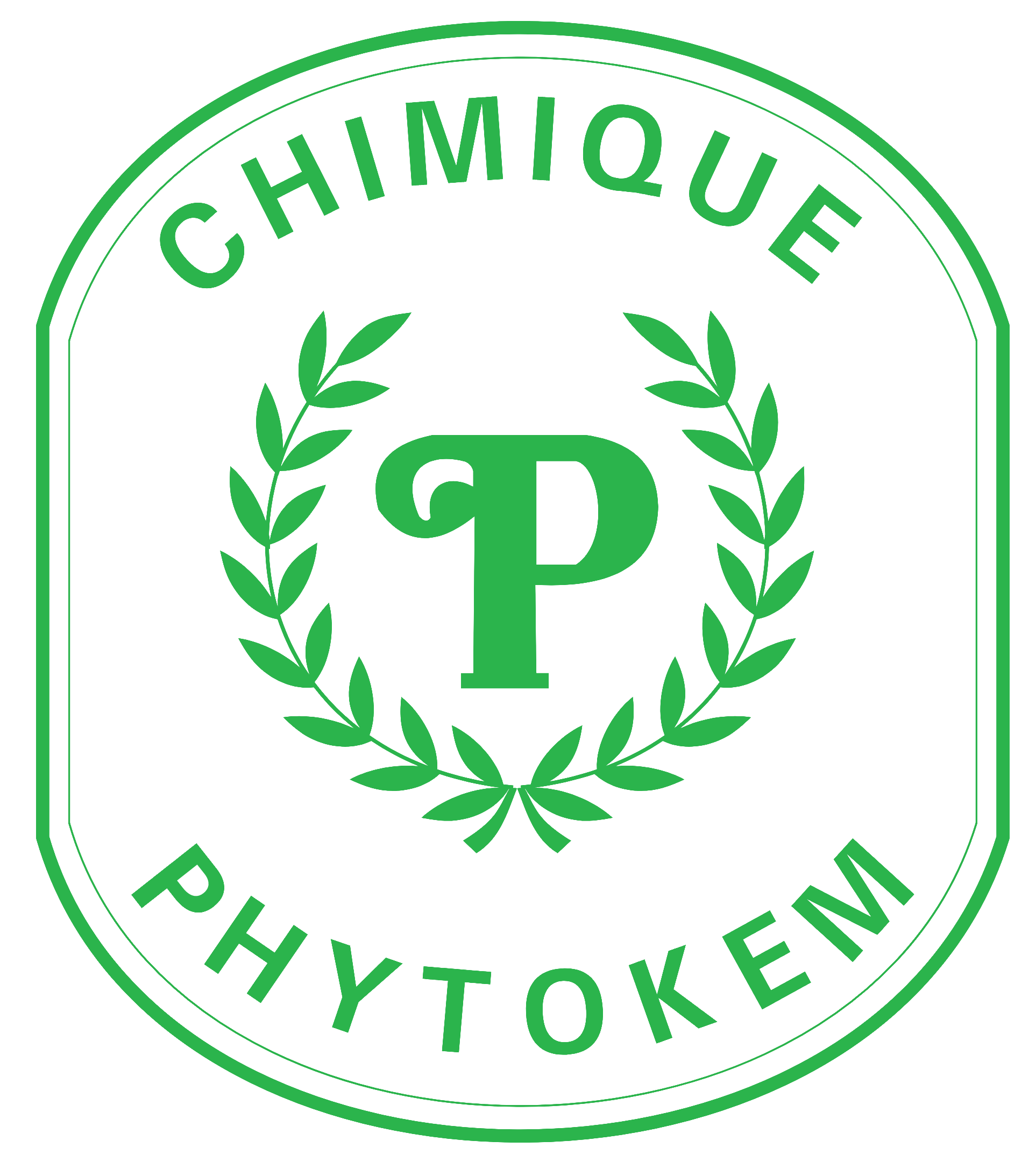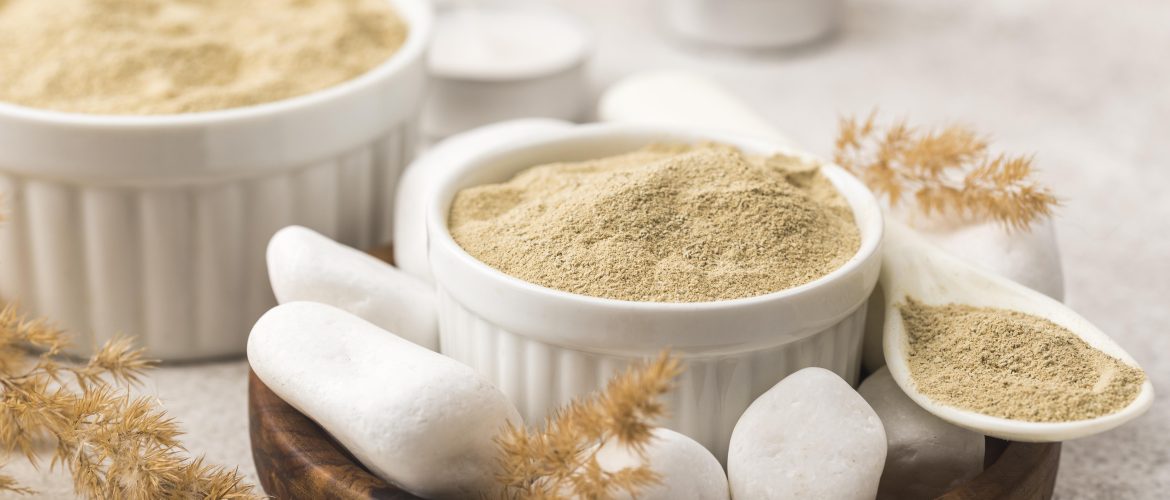Introduction to Vegan Protein Powder
When it comes to meeting your protein needs on a vegan diet, vegan protein powder can be a game-changer. Chimique Phytokem is one of the pioneering vegan protein powder manufacturers in India. In this guide, we will explore the different types of vegan protein powders, their benefits, and how to choose the right one for your needs Whether you are a vegan athlete looking to enhance your performance or simply someone looking to incorporate more plant-based proteins into your diet, this guide will provide you with everything you need to know.
A. Understanding Veganism and Protein Needs
Veganism is a lifestyle that excludes the consumption of all animal products. While a well-planned vegan diet can provide all the necessary nutrients, protein can sometimes be a challenge to obtain in sufficient quantities. The recommended daily protein intake is 0.8 grams per kilogram of body weight for the average sedentary adult. However, athletes or individuals with higher levels of physical activity may require more.
B. Why Vegan Protein Powder?
Vegan protein powder offers a convenient and efficient way to supplement your protein intake. It is especially beneficial for vegans who may struggle to meet their protein needs through whole foods alone. By incorporating vegan protein powder into your diet, you can ensure that you are getting enough protein to support your overall health and well-being.
C. Different Types of Vegan Protein Powders
There are various types of vegan protein powders available on the market. Some common options include pea protein, rice protein, hemp protein, and soy protein. Each type has its own unique set of benefits and properties. By understanding the different types, you can choose the one that best suits your dietary needs and preferences.
Exploring the Benefits of Vegan Protein Powder
Vegan protein powders offer a wide range of benefits beyond meeting your protein requirements. Let’s take a closer look at some of these benefits:
A. Superior Nutrition Profile of Plant-Based Proteins
Essential Amino Acids in Vegan Protein Powders: Vegan protein powders are often rich in essential amino acids, which are the building blocks of protein and necessary for various bodily functions. While some plant-based proteins may be lower in certain amino acids compared to animal-based proteins, combining different vegan protein sources can help create a complete amino acid profile.
High Fiber Content for Digestive Health: Plant-based proteins are typically higher in fibre compared to animal-based proteins. This high fibre content can promote digestive health, regulate blood sugar levels, and improve satiety.
Rich Source of Antioxidants and Phytonutrients: Plant-based proteins are packed with antioxidants and phytonutrients, which have been shown to play a crucial role in reducing inflammation, protecting against chronic diseases, and promoting overall health.
B. Muscle Building and Recovery
Protein Quality and Muscle Growth: Vegan protein powders are not only rich in protein but also offer high-quality protein that is easily absorbed by the body. This makes them an excellent choice for muscle growth and repair.
Enhanced Muscle Recovery and Reduced Soreness: Vegan protein powders can aid in muscle recovery by providing the necessary amino acids to repair damaged muscle tissue and reduce post-workout soreness.
Supporting Optimal Athletic Performance: Vegan protein powders can support optimal athletic performance by providing the fuel needed for sustained energy levels during workouts or training sessions.
C. Weight Management and Satiety
Role of Protein in Weight Loss: Protein is known to increase feelings of fullness and reduce appetite. By incorporating vegan protein powder into your diet, you can support your weight loss goals by promoting satiety and helping you consume fewer calories throughout the day.
Increased Feeling of Fullness and Reduced Cravings: Vegan protein powders can help with weight management by keeping you feeling fuller for longer. This can help curb cravings and prevent overeating.
Combating Overeating and Promoting Healthy Snacking Habits: Vegan protein powders can be a great alternative to unhealthy snacks, providing a nutritious and filling option that satisfies your cravings without sabotaging your health goals.
III. Choosing the Right Vegan Protein Powder
When it comes to choosing the right vegan protein powder, there are a few key factors to consider:
A. Identifying Protein Sources in Vegan Powders
Popular Sources: Pea, Rice, Hemp, Soy, and more: Vegan protein powders can be made from a variety of plant-based sources. Each source offers its own unique set of benefits, so it’s important to choose one that aligns with your preferences and dietary needs.
Assessing the Amino Acid Profile for Complete Proteins: Look for vegan protein powders that offer a complete amino acid profile or combine different protein sources to get all the essential amino acids your body needs.
Individual Allergies and Dietary Considerations: Consider any allergies or dietary restrictions you may have when choosing a vegan protein powder. For example, if you have a soy allergy, opt for a powder that is soy-free.
B. Evaluating Protein Powder Quality and Purity
Third-Party Testing and Certification: Look for vegan protein powders that undergo third-party testing to ensure their quality and purity. This can give you peace of mind that the product is free from contaminants and meets high standards.
Organic and Non-GMO Certifications: Choosing organic and non-GMO certified vegan protein powders can ensure that you are consuming a product that is free from harmful chemicals and genetically modified ingredients.
Avoiding Artificial Additives and Fillers: Read the ingredient list carefully and avoid protein powders that contain artificial additives or fillers. Opt for products with minimal ingredients and those that use natural sweeteners or flavors.
C. Considering Taste, Texture, and Mixability
Flavor Options and Natural Sweeteners: Vegan protein powders come in a variety of flavours, allowing you to choose one that suits your preferences. Look for powders that use natural sweeteners, such as stevia or monk fruit extract, to avoid added sugars.
Smoothness and Texture of Protein Shakes: Consider the texture and smoothness of the protein shake when choosing a powder. Some powders may be grittier or clumpier than others, affecting the overall consistency of your shake.
Comparing Mixability and Possible Clumping: Mixability is an important factor to consider. Look for protein powders that blend easily with liquids, leaving you with a smooth and creamy shake.
IV. Incorporating Vegan Protein Powder into Your Diet
Now that you’ve chosen the right vegan protein powder, let’s explore how you can incorporate it into your daily routine:
A. Post-Workout Recovery and Muscle Building
Protein Timing for Optimum Muscle Protein Synthesis: Consuming protein within 30 minutes to an hour after your workout can aid in muscle recovery and growth. Consider incorporating a protein shake using vegan protein powder into your post-workout routine.
Balancing Protein Intake with Other Nutrients: Remember to balance your protein intake with other nutrients like carbohydrates and healthy fats to ensure a well-rounded diet. This will provide your body with the energy it needs to perform at its best.
Creating Delicious Protein Shake Recipes: Get creative with your protein shakes by adding fruits, vegetables, or plant-based milk alternatives. Experiment with different flavor combinations to keep your shakes interesting and enjoyable.
B. Meeting Daily Protein Requirements on a Vegan Diet
Determining Protein Needs Based on Activity Levels: Consider your activity levels when determining your protein needs. Higher levels of physical activity may require increased protein intake.
Protein Complementation and Combining Plant Sources: To ensure you are getting all the essential amino acids, consider combining different plant sources of protein. For example, pairing rice protein with pea protein creates a complete amino acid profile.
Incorporating Protein Powder into Different Meals: Protein powder is versatile and can be added to a variety of meals, such as smoothies, oatmeal, or baked goods. Get creative and find ways to incorporate it into your favourite recipes.
C. Vegan Protein Powder for Special Dietary Needs
Pregnancy and Postpartum Nutrition: Vegan protein powder can be a valuable addition to the diet of pregnant and breastfeeding women. Consult with a healthcare professional to determine the appropriate amount for your specific needs.
Vegan Protein Powder for Seniors: As we age, our protein needs may increase. Vegan protein powder can be a convenient way for seniors to meet their protein requirements and support healthy ageing.
Supporting Vegetarian or Vegan Athletes: Vegan protein powder can be especially beneficial for athletes following a vegetarian or vegan diet. It helps provide the necessary nutrients for performance and recovery.
V. Frequently Asked Questions (FAQs)
It’s common to have questions when considering vegan protein powder. Let’s address some frequently asked questions:
A. Is vegan protein powder suitable for everyone?
Vegan protein powder is generally suitable for anyone following a vegan or plant-based diet. However, individual needs may vary, so it’s always advisable to consult with a healthcare professional before incorporating it into your routine.
B. Can vegan protein powder help with weight loss?
Yes, vegan protein powder can aid in weight loss by increasing feelings of fullness and reducing cravings. It can also support muscle recovery and maintenance during a calorie deficit.
C. Are there any potential side effects of using vegan protein powder?
While vegan protein powder is safe for most people, some individuals may experience digestive discomfort or allergies. It’s important to choose a powder that agrees with your body and discontinue use if you experience any adverse reactions.
D. What is the recommended daily intake of vegan protein powder?
The recommended daily intake of protein powder varies depending on factors such as age, sex, activity levels, and goals. As a general guideline, aim for 20-30 grams of protein per serving, and adjust based on your specific needs.
E. Can vegan protein powder improve hair, skin, and nail health?
Vegan protein powder provides essential amino acids and nutrients that support overall health. While individual results may vary, a well-balanced diet that includes adequate protein can contribute to healthy hair, skin, and nails.
VI. Conclusion
Incorporating vegan protein powder into your diet can be a great way to ensure you are meeting your protein needs on a plant-based lifestyle. With a variety of options available, you can choose the one that aligns with your preferences and dietary requirements. Whether you’re an athlete, looking to manage your weight, or simply striving to eat more plant-based proteins, vegan protein powder can be a versatile and convenient addition to your daily routine. So, go ahead and enjoy the benefits of vegan protein powder as you work towards a healthier and more vibrant you!


